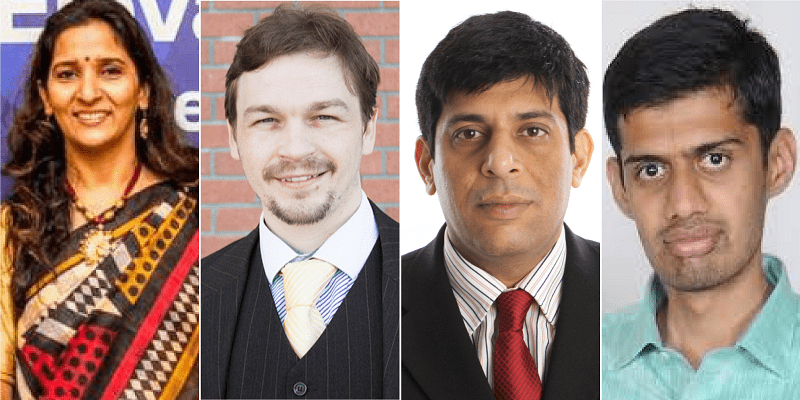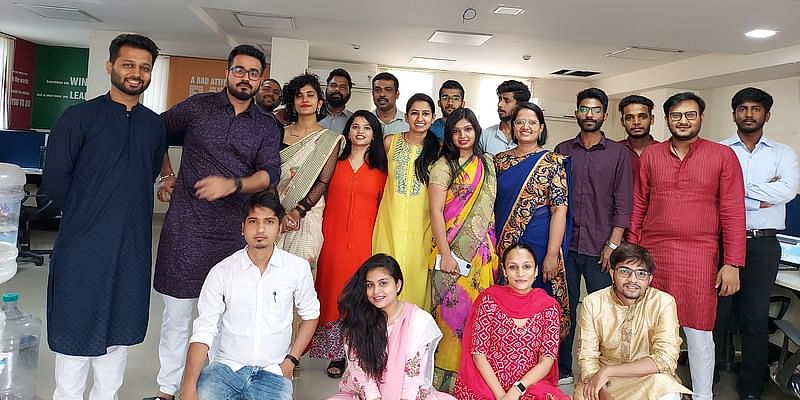In India, talking about mental disorders is still considered taboo, which is why there seems to be a dearth of information around them. Misconceptions coupled with lack of access to information, healthcare professionals, doctors, and treatments have only added to the problem.
However, gradually, people have started initiating dialogues regarding the importance of mental health and spreading awareness around developmental disorders such as autism.
Autism, a developmental disorder that impairs one’s ability to communicate and interact fluidly, is difficult for people to understand. It can be more difficult for the family members to understand and recognise behavioural patterns associated with people on the autistic spectrum.
According to WHO estimates, one in 160 children across the world is suffering from autism spectrum disorder.
Gurugram-based CogniAble is working to ensure proper diagnosis and a better quality of life for people living with autism.
Founded in 2016 by Manu Kohli with his wife Dr Swati Kohli, along with Dr Prathosh AP, and Dr Joshua Pritchard, the startup is using machine learning-based assistive technology to ensure early detection and affordable treatment of Autism Spectrum Disorder.
Manu reveals that CogniAble’s solution is currently undergoing clinical trials that are expected to complete over the next two months. In January 2021, the startup received an undisclosed amount of DBT grant and is now in the process of raising funds.
Working to ensure a better life
CogniAble offers two solutions: early automated screening for autism and digital therapy management.
In an earlier interaction, the founder had explained that users can upload videos of children using the mobile application. These are analysed using deep learning models to identify fine motor skills, gross motor skills, and complex actions based on a stimulus provided by a caregiver. The data is analysed and proprietary algorithms give an autism screening prediction by providing a risk score.
After diagnosis, the mobile app gives parents, schools, and institutes access to integrated assessment and treatment plans.
The platform offers a personalised intervention plan in 21 domains such as language, behaviour, academics, classroom, and social skills. These are available through lesson plans and video modelling with data recording and feedback provisions.
“Our machine learning models build customised treatment for the child, measuring longitudinal treatment progress with structured and unstructured data. This brings a significant change in the self-dependency and skills of children at a young age,” Manu says.







